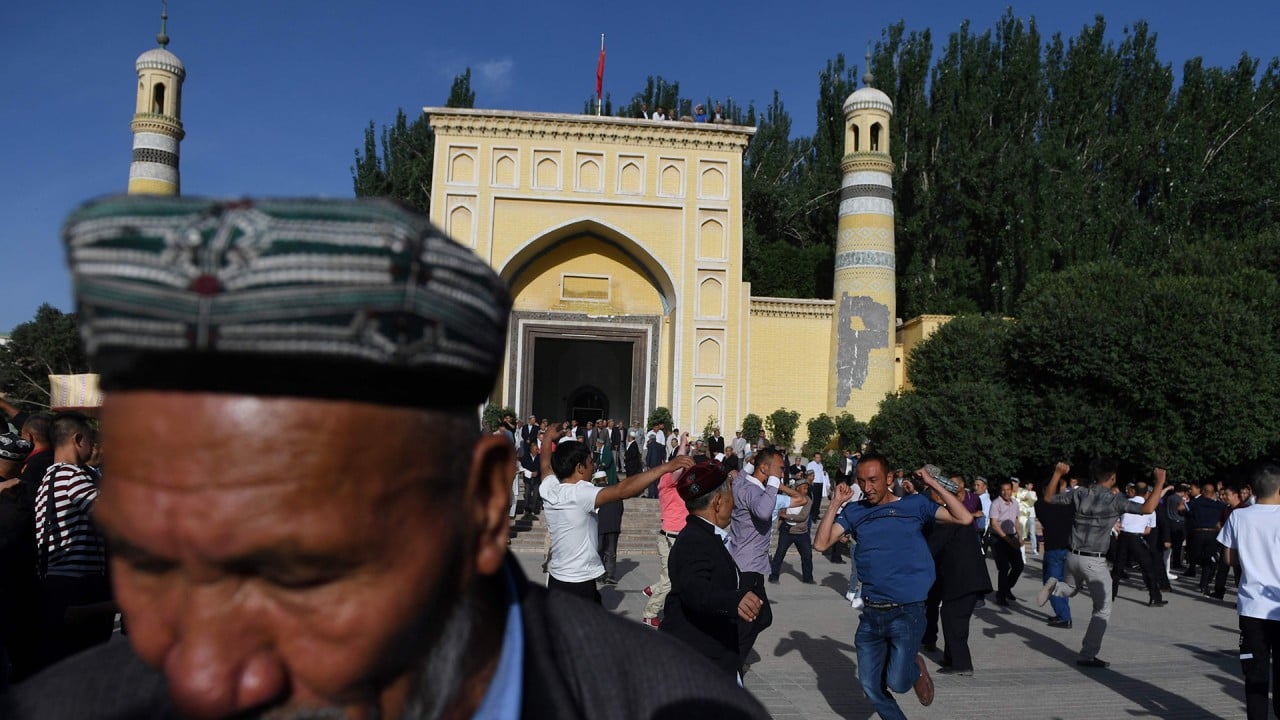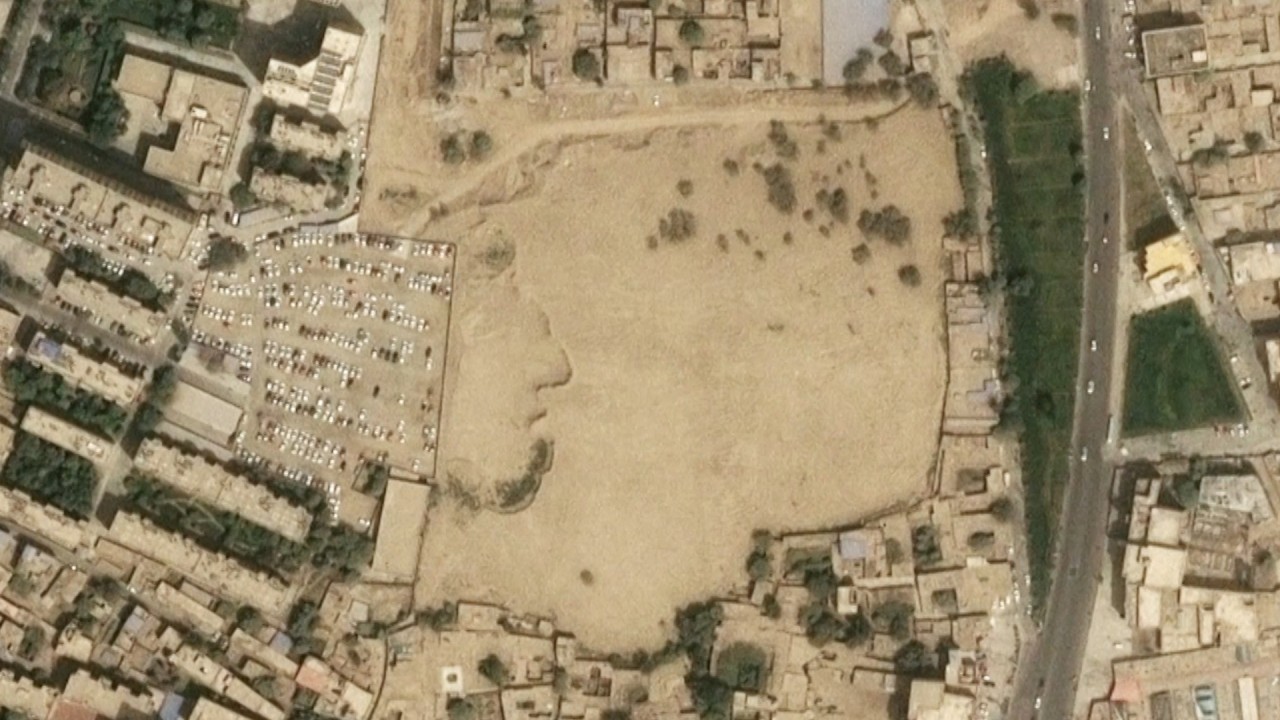
China’s Xinjiang region says all new religious buildings must ‘reflect Chinese characteristics’
- New regulations also state that any significant alterations to mosques must be referred to the authorities in the region, which is home to many Uygur Muslims
- Beijing has consistency denied claims of human rights abuses in Xinjiang, including allegations it has destroyed Muslim religious sites
The far-western region is home to large numbers of the mainly Muslim Uygur majority, and the regulations say specifically that any mosque renovations that would change the existing layout or functions must be approved by the Xinjiang Uygur autonomous region authorities.
International campaign launched to support Ilham Tohti for Nobel Peace Prize
The revised version of the region’s regulations on the management of religious affairs was announced on Thursday by the official Xinjiang Daily newspaper. The changes will come into force in February.
The rules state: “Newly built, renovated, expanded or rebuilt religious venues should reflect Chinese characteristics and culture in aspects such as architecture, sculpture, paintings [and] decorations.”
They also say for the first time that interpretations of religious doctrine must “meet the requirements of contemporary China’s development and China’s outstanding traditional culture”.
The new rules also contain fewer references to “extremism” and “terrorism” compared with the previous version issued in 2014, but still emphasise the need to combat “separatism”.
China has been accused of systemic human rights violations against the region’s minorities, including the extensive use of re-education camps and forced labour, as well as tearing down large mosques and other Muslim sites.
China has denied human rights abuses in the region and says its policies are designed to counter extremism and terrorism. It has also said that Xinjiang has experienced “huge economic development” and “significant achievements on human rights” in the past decade.
A spokesman for the Xinjiang regional government told reporters in 2021 that some mosques in the region had been renovated or moved to ensure they are “safer” and “more reasonably located”.
The central government in Beijing has rarely commented about alterations to mosques, but in June 2022 a prime-time news report by the state broadcaster CCTV hailed the removal of a mosque’s domes in Xining in Qinghai province as a successful example of “protecting traditional heritage”.
China has long-standing policies to control religious activities, with Xinjiang facing some of the tightest controls.
China-Kazakhstan to share migration data, closing dual citizenship path
Xinjiang’s new rules also impose new controls on large-scale religious gatherings, which will require approval from the local government at least one month in advance.
Meanwhile, religious content posted online must be screened by the regional government, and religious bodies and institutions must also report changes in significant personnel to the local authorities.
However, the new rules do ease some restrictions, including a ban on any donations from individuals or overseas groups to religious groups in Xinjiang.
They now say that donations of more than 10,000 yuan (US$1,400) of this kind must be reported to the authorities.



